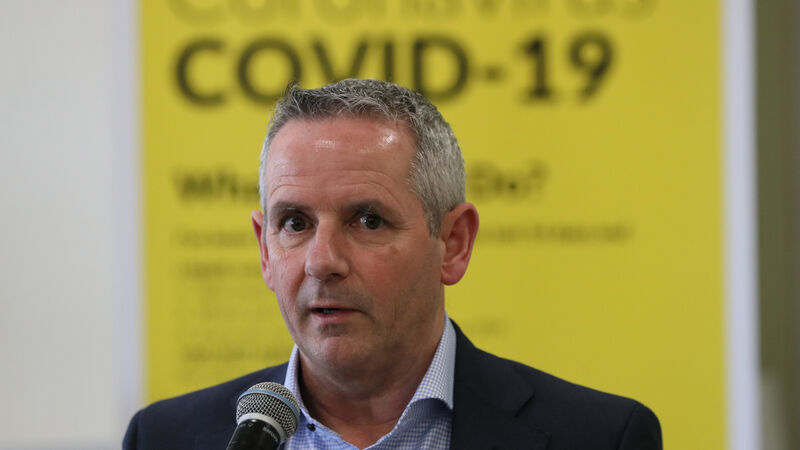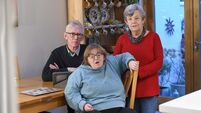Irish Examiner view: Discipline is vital as pandemic escalates

Paul Reid, CEO Health Service Executive (HSE), said people need to reduce contacts and stay at home in the coming days and weeks if we are to minimise the risk of infection, or, worse unknowingly spreading the infection.
Convention, or maybe it's a conceit, decrees that certain occasions, certain dates expect us to put our best foot forward. It demands that we try to look to the sunny side of life, to accentuate the positive.
The opening days of any new year, just like a beloved niece or nephew's wedding, demand we set off the fireworks, put on the glad rags and step forth with optimism and a conquer-the-world bounce in our step.













